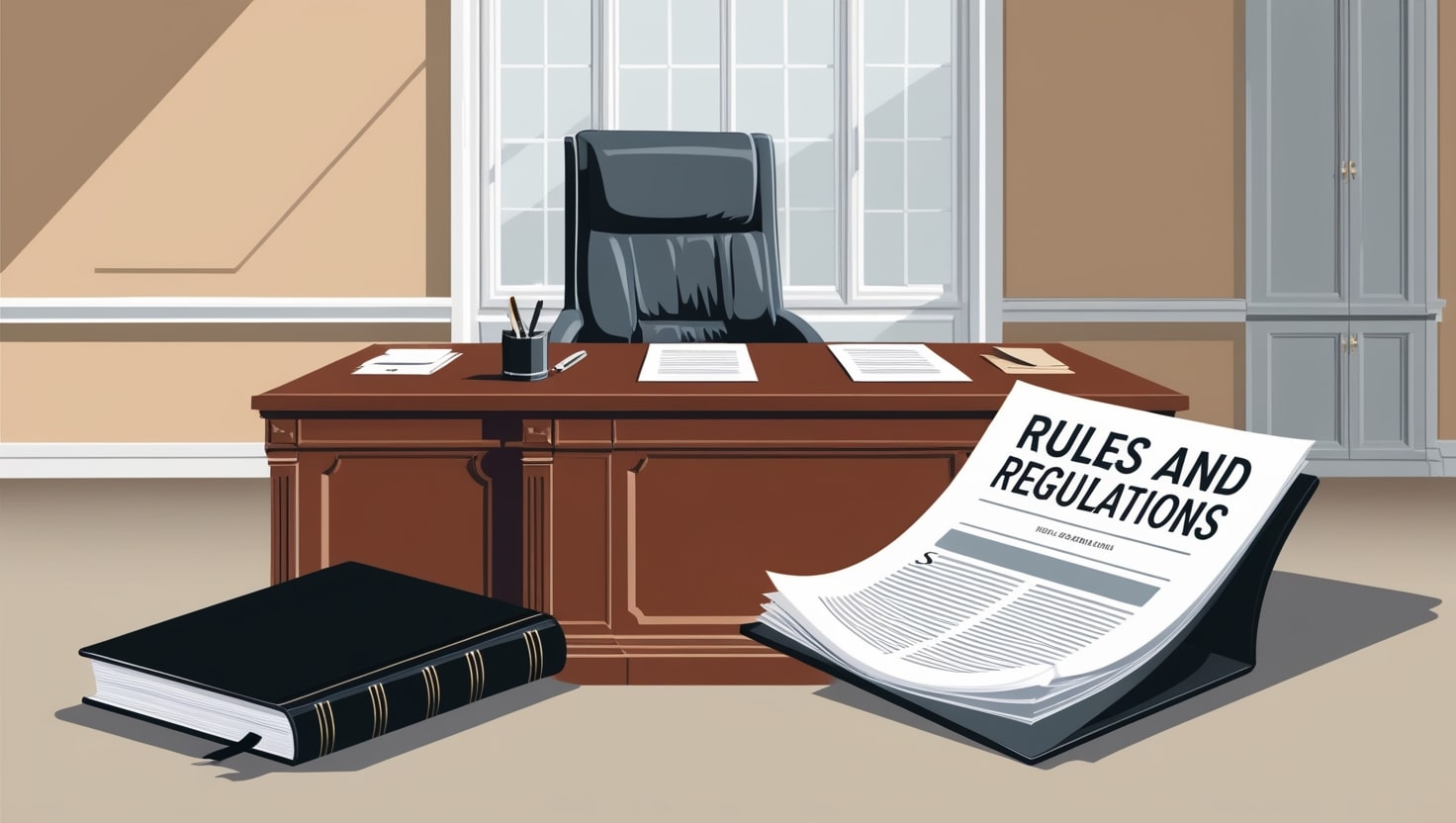Tucson, United States Airbnb Rules & Regulations
Last updated on: 4th July, 2025


Last updated on: 4th July, 2025

In Tucson, Arizona, Airbnb hosts must navigate various regulations outlined in local laws to operate legally. Here is a brief overview of the key regulations for Airbnb rentals in Tucson:
Zoning and Land Use: Hosts need to refer to the Unified Development Code, specifically Chapter 23B, which governs land uses and may affect the legality of short-term rentals based on zoning classifications. Those who purchased their homes before 2012 can opt to follow the former Land Use Code.
Business License: All Airbnb hosts are required to obtain a business license and pay the associated business license tax. This step is essential to legally operate a rental.
Building and Housing Standards: Compliance with minimum construction, design, and maintenance standards is mandatory. Tucson enforces various rules ensuring safety and habitability, which are detailed in Chapter 6 of the Tucson City Code.
Transaction Privilege Tax: Hosts must collect and remit an occupational license tax on the rental income from transient stays (30 days or less). This includes state-level transaction privilege taxes applicable to short-term lodging.
Additional Contracts and Rules: Hosts should also consider any existing leases, condominium rules, homeowners association (HOA) regulations, and other legal obligations that may restrict or impact short-term rentals.
These regulations are designed to ensure that short-term rentals operate in a manner that aligns with community standards and local laws. For detailed guidance, hosts should consult the Planning and Development Services Department or seek legal or tax advice.